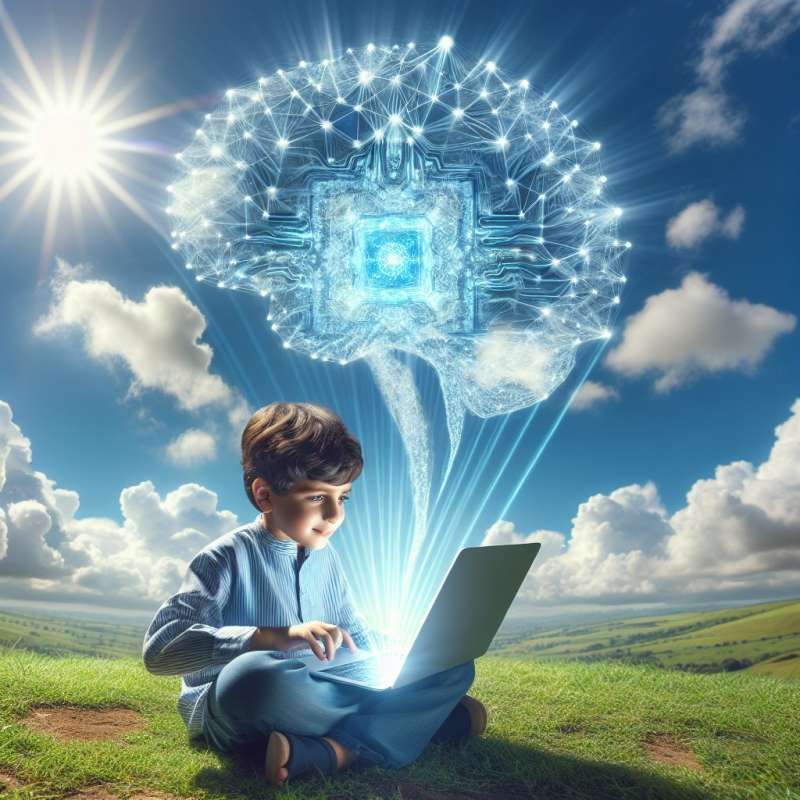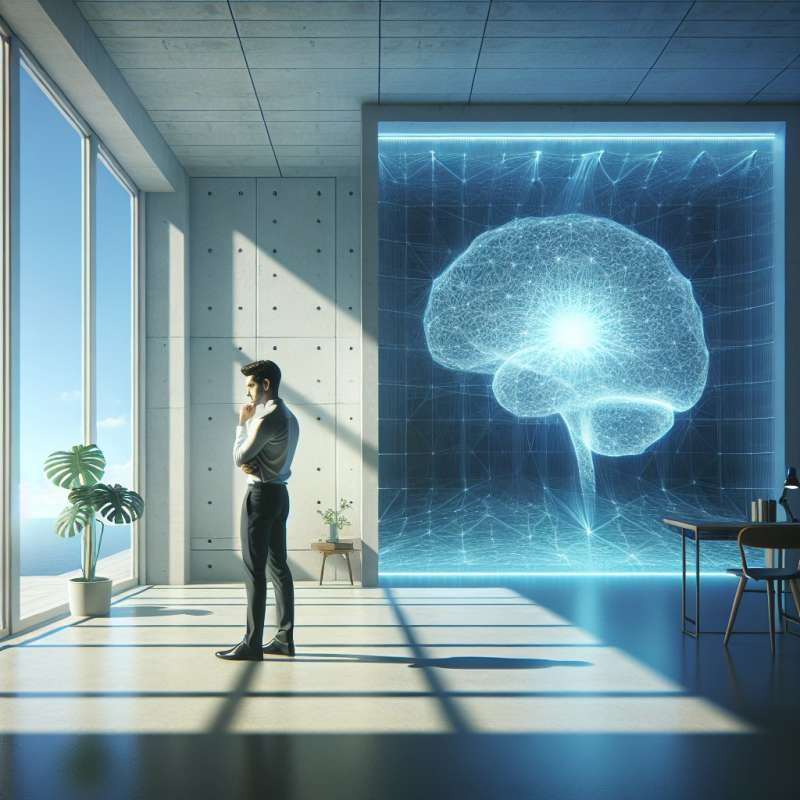
Defining AI
Artificial Intelligence (AI) encompasses systems that can perform tasks typically requiring human intelligence. These include learning, reasoning, and self-correction. AI applications range from chatbots to autonomous vehicles.
AI's Evolutionary Path
AI has evolved from simple rule-based algorithms to complex neural networks. Early AI systems could play chess; today's AI can drive cars, create art, and assist in medical diagnoses.
General AI Explained
General AI (GenAI) refers to a theoretical machine with the ability to understand and learn any intellectual task that a human being can. It's a type of AI that's adaptable and not limited to specific tasks.
Current AI Limitations
Today's AI excels in narrow tasks but lacks the broader understanding that characterizes human intelligence. It can't easily transfer knowledge from one domain to another without additional training.
The GenAI Concept
GenAI would break current AI limitations by mastering multiple domains, adapting to new challenges seamlessly, and possessing what we consider 'common sense'—a trait absent in today's AI.
GenAI: A Distant Dream?
While GenAI's concept fascinates, it remains hypothetical. No existing AI system possesses the flexibility and broad intelligence of GenAI. Current research is still laying the groundwork for such advanced capabilities.
Implications of GenAI
The realization of GenAI could revolutionize every aspect of society. However, ethical considerations about autonomy, control, and the societal impact of such powerful technology are ongoing debates among experts.
What does AI stand for?
Automated Intelligence
Artificial Intelligence
Augmented Intelligence
Company